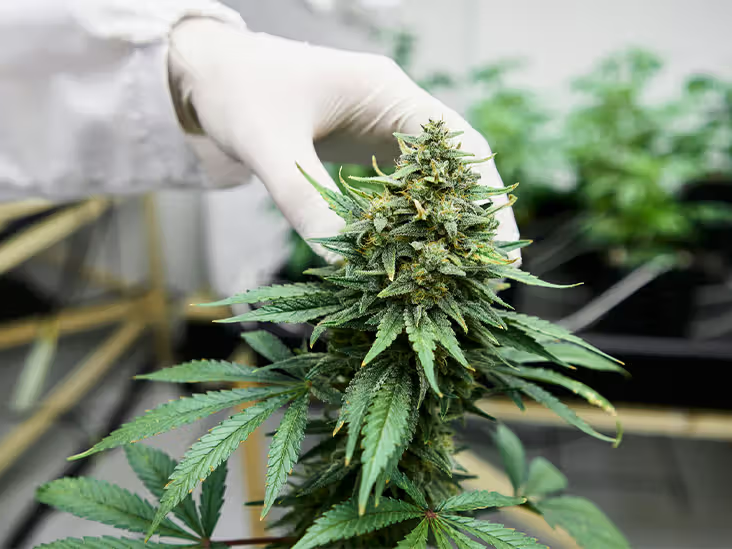Weed in Izki: A Growing Concern or a Part of Cultural Heritage?

Izki, a small town nestled in the Al Dakhiliyah region of Oman, is known for its serene landscapes, traditional Omani culture, and the resilience of its people. Yet, like many places in the world, Izki is not immune to the evolving global trend of weed cultivation and consumption. In recent years, the issue of weed—particularly cannabis—has gained attention in the town, raising concerns about its implications on local society, the economy, and the legal landscape. This article explores the situation of weed in Izki, examining its rise, the impact on the community, and the broader implications for Oman.
The Rise of Cannabis in Izki
Cannabis, often grown in the fertile mountainous areas of the country, has become an increasingly visible problem.
The cultivation of cannabis is not entirely new to the region. Some rural communities in Oman have long used the plant for various purposes, including medicinal ones, but in recent years, there has been a noticeable shift.
Economic Factors Behind the Trend
The economic realities faced by many farmers in Izki play a significant role in the growth of cannabis cultivation.
The price of cannabis, both locally and internationally, far exceeds that of most traditional crops, making it an attractive choice for farmers who are grappling with low-income levels and rising living costs.
Legal and Social Implications
Despite the economic incentives, cannabis cultivation and use are still illegal in Oman. The country has strict anti-drug laws, and the penalties for drug-related offenses can be severe.
For Izki, this legal landscape poses significant challenges. However, the isolated nature of many farms makes it difficult for authorities to monitor and control the situation effectively.
They fear that normalizing cannabis consumption, even in small quantities, could set a dangerous precedent for younger generations.
The Future of Cannabis in Izki
The future of weed in Izki remains uncertain.
However, this would require significant shifts in both legal frameworks and public attitudes, which could take years to implement.
Conclusion
Cannabis cultivation in Izki, like in many rural areas, is driven by economic hardship and changing global trends. While the practice remains illegal and controversial, it highlights the complex intersection of tradition, law, and economics in Oman.
You’re the best when it comes to marijuana products , always taking care of me. Definitely recommending you to my friends. Thanks for the quick delivery .Really happy with the product .As usual, it’s top-notch. Keep it up you. you can contact them on email Scenthub43@gmail.com and also there Telegram : https://t.me/Scenthub43
wow Thanks for the referral they have great service and got the best weed around. and the delivery is so smooth

Thanks for always being reliable! I can always count on you for good product.
You’re the go-to in the area for a reason. Always a smooth experience